Three enterprising fathers created a new sport in 1965. Today that game — pickleball — is considered one of the fastest growing and most inclusive sports in America. The USA Pickleball Associaton’s 2018 report on pickleball indicated pickleball has over 2.8 million players in the United States, which shows a more than a 12% increase over 2017. That number is only expected to grow in the next few years.
“With pickleball, you can play literally almost all day, day in and day out,” says Drew Wathey, director of media relations for the USA Pickleball Association, the sport’s governing body. “It's attractive to all demographics, which has enhanced its growth. And it’s not just catering to men or women — it’s for both — and all levels can play.”
One of the reasons pickleball has gained momentum as the sport for athletes of all ages is because it tends to be low-impact and easy to learn. It’s a cross between ping-pong and tennis played on a badminton-size court (indoors or outdoors) with the net set to a height of 34 inches at the center. It’s played with a perforated plastic ball similar to a Wiffle ball and composite or wooden paddles about twice the size of ping-pong paddles.
Pickleball’s humble beginnings have been well chronicled. Because their kids were bored with their usual summertime activities, three enterprising fathers — Joel Pritchard, William Bell, and Barney McCallum — developed the game in 1965, on Bainbridge Island, Washington. Since then, it has evolved from the original handmade equipment and simple rules into the popular sport it is today. Its quirky name is thought to be derived from Pritchard’s family cocker spaniel, Pickles, who loved to chase stray balls and hide them in the bushes.
Pickleball can be played as singles or doubles, and new players can learn the basic rules quickly in a single session. No special apparel is needed — just something comfortable and appropriate for a court sport — and equipment is inexpensive and easily portable.
While it’s been touted for its benefits for seniors for years, pickleball isn’t your grandfather’s sport anymore. As the game evolves, so too has the equipment and facilities, Wathey says. The game has earned a devoted following because of its friendly, social nature, but it can develop into a fast-paced, competitive game for more experienced players.
Wathey says one of the most exciting shifts in the game has been in seeing former professional tennis players getting in on pickleball, recognizing the benefits of it after years of competitive play.
Kaitlyn Christian — a former pro tennis player who portrayed Emma Stone’s body double as the real-life Billie Jean King and Kerry Melville Reid in the film “ Battle of the Sexes” — has turned to pickleball as has Wimbledon champion JoAnne Russell.
As the game grows, it’s also reaching younger players who might not have otherwise had access to the game, Wathey says. There are currently almost 5,900 places to play pickleball in the United States, and he says that number is growing by another 90 every month.
“We're making great inroads with the youth,” he says. “We're introducing pickleball as part of the sports curriculum in schools and in YMCA and Boys and Girls Clubs, so the accessibility of the sport is reaching younger and younger people in new areas.”





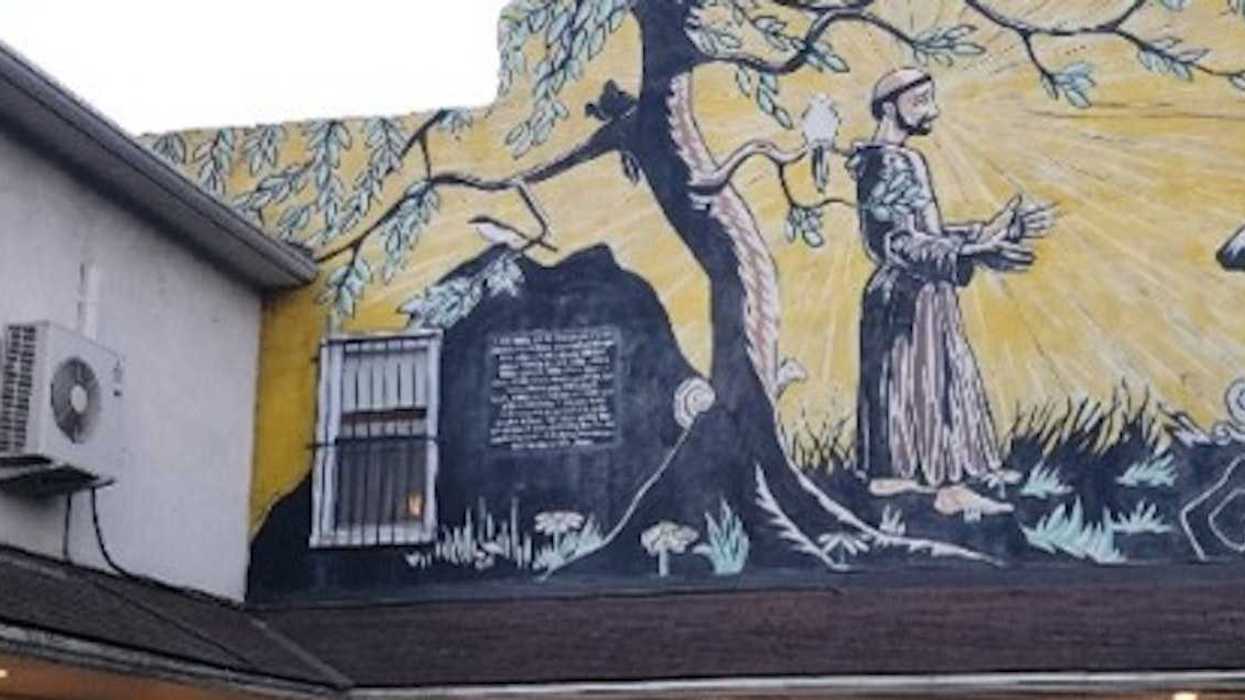

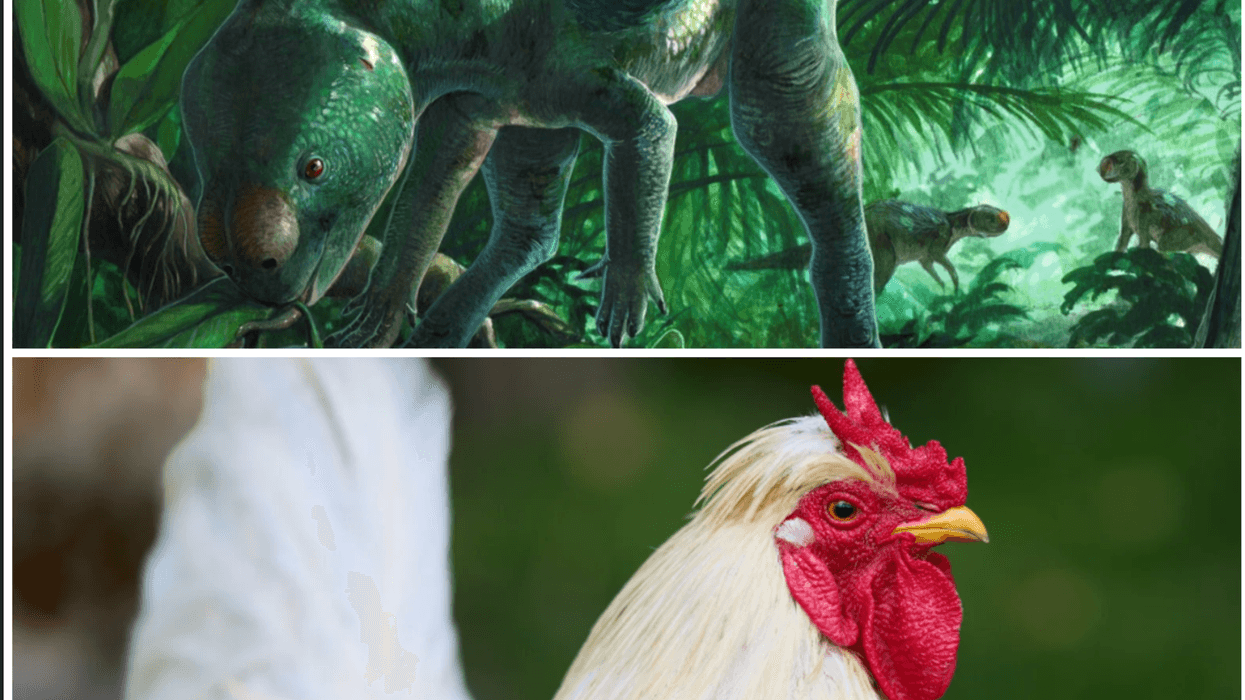








 A young person doing their monthly budgetCanva
A young person doing their monthly budgetCanva
 Gif of little dog holding guitar with caption "Time For Tacos" via
Gif of little dog holding guitar with caption "Time For Tacos" via 
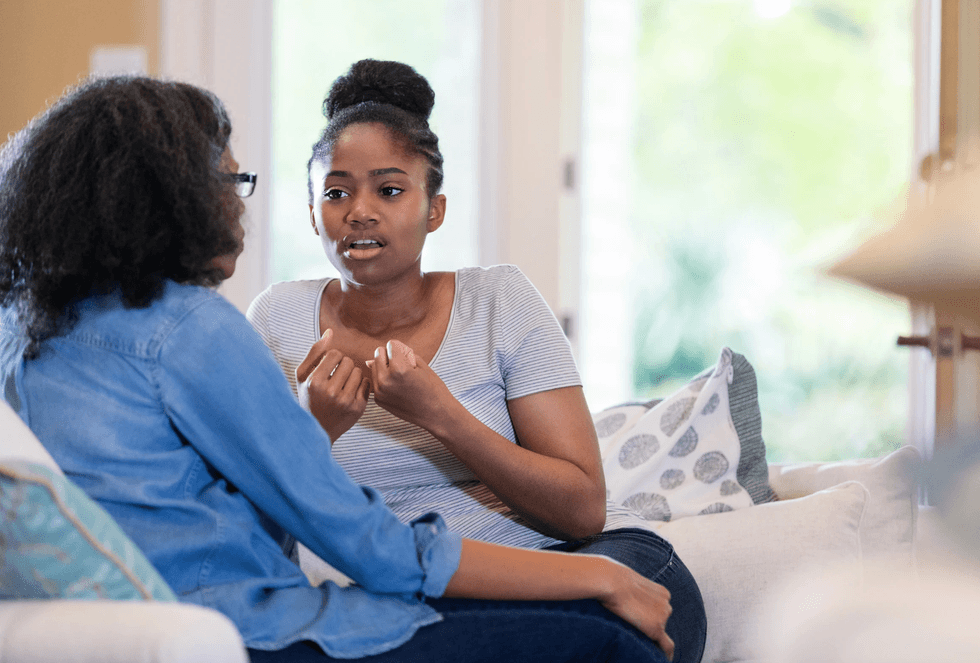 A couple engages in a serious conversationCanva
A couple engages in a serious conversationCanva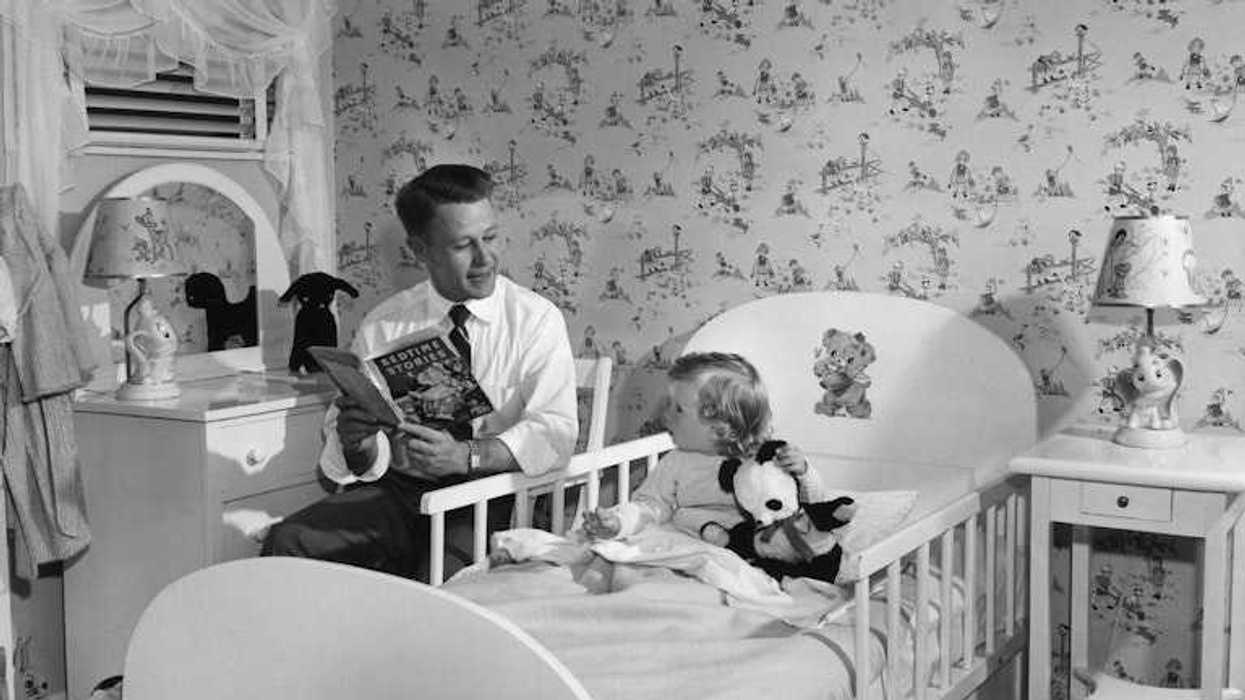
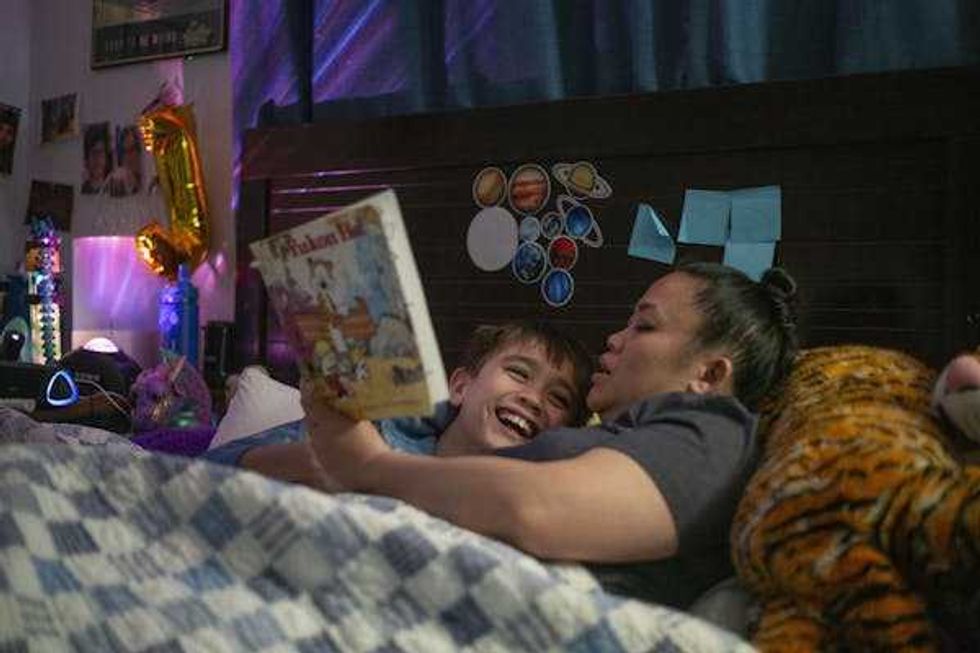 Christy Lam-Julian, a mother in Pinole, Calif., reads to her son in April 2025.
Christy Lam-Julian, a mother in Pinole, Calif., reads to her son in April 2025. Children who read bedtime stories with their parents are likely to benefit from a boost in creativity – especially if they consider questions about the books.
Children who read bedtime stories with their parents are likely to benefit from a boost in creativity – especially if they consider questions about the books.


 A woman scrolls through a dating appCanva
A woman scrolls through a dating appCanva
 Openly choosing the one you like best can help break down stigmas.
Openly choosing the one you like best can help break down stigmas.